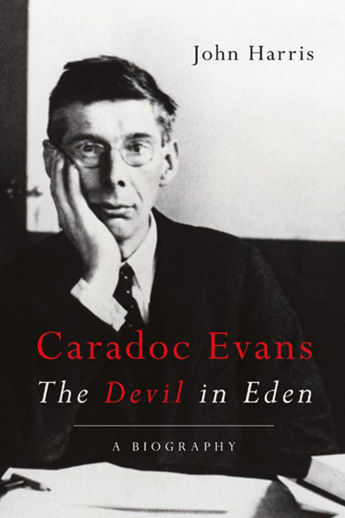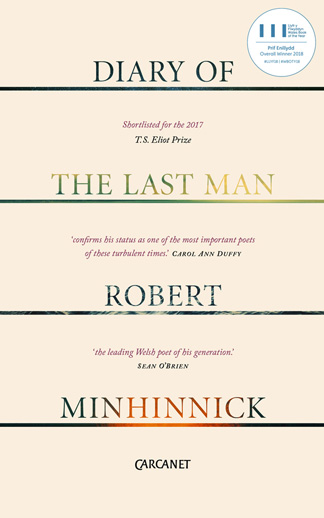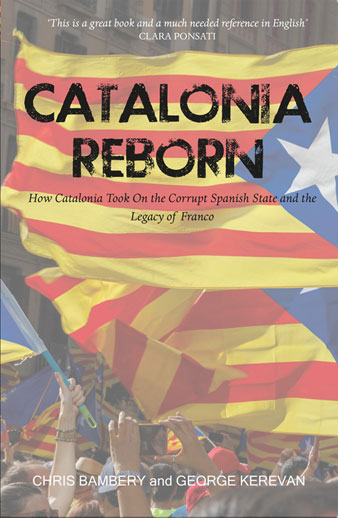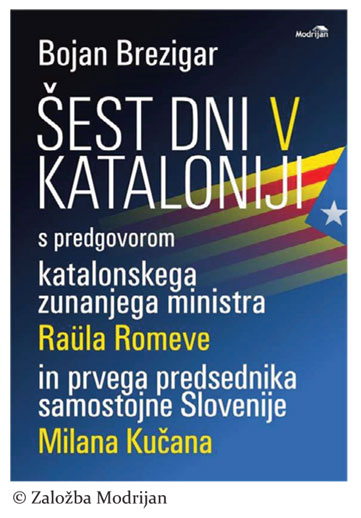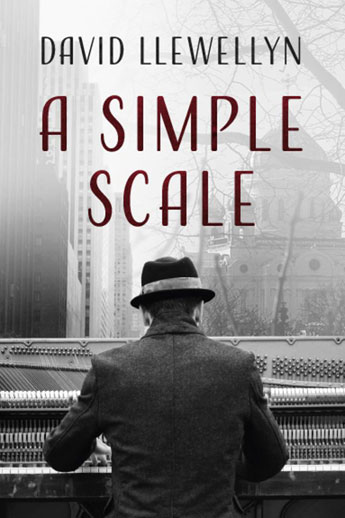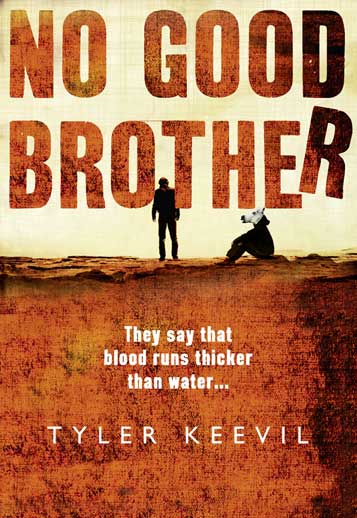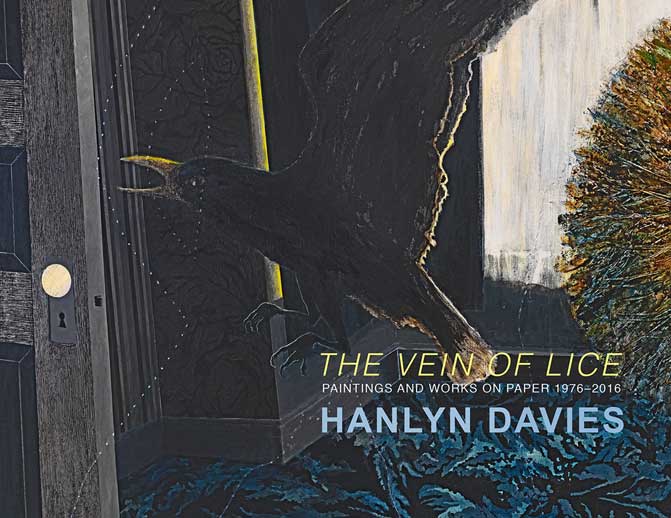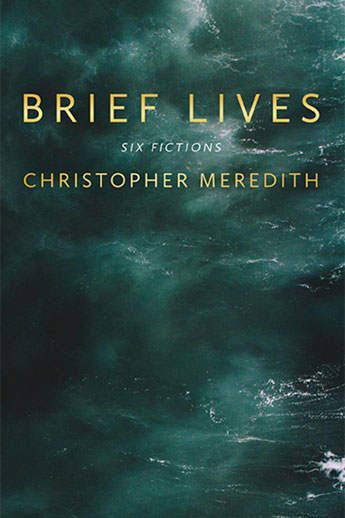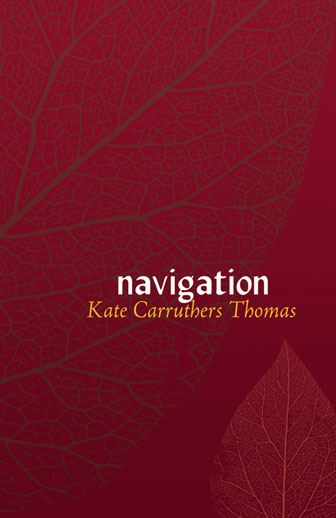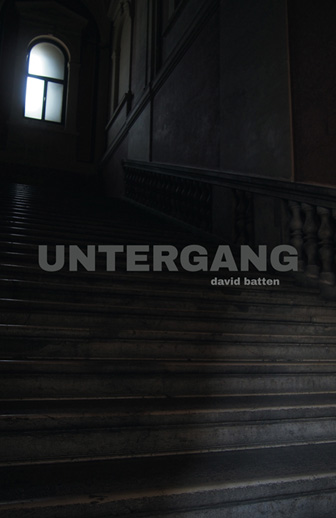Hywel Dix argues why the popularity of the Nordic noir genre, and its Welsh noir offspring, has something significant to say about the lack of a collective, aspirational European identity; and Wales’ isolation from both continental Europe and the other nations of the UK.
Read moreDan Evans celebrates Welsh football fan culture – its music, clothes, grassroots media and ethos of egalitarian hedonism – and furthermore how this contributes to national unity, internationalism and working-class self-organisation. Can the spirit of Wales away be transported back home?
Read moreTeacher Rajvi Glasbrook Griffiths looks in-depth at the proposed new curriculum, which will be finalised in 2019. She gives an insight into the transformative power of the arts in education, and argues that there is a danger that the current lack of clarity about expressive arts and literacy provision in the curriculum would undermine this.
Read moreOur Welsh Keywords offers contemporary perspectives on the meaning of words in Welsh, inspired by Raymond Williams’ Keywords. In this issue, Sara Peacock discusses how there are particular distinctions made between a ‘learner’ (dysgwr) in Welsh and a ‘speaker’ (siaradwr). She draws on linguistics and pedagogy to question at what point one become the other, and asks what the existence of a distinct, parallel learners’ community means for Welsh-speaking society, and strategies to ensure the language survives.
Read moreMererid Hopwood reflects back on the 2014 to 2018 commemoration of the First World War in Wales and the UK, asking what these activities say about memory, mourning, nationhood and inequality; looking to the future to offer proposals for how Wales can contribute to the struggle against 21st-century militarism.
Read moreA poem by Mererid Hopwood
Read moreOur new series of creative responses to Wales' rail network, Reading Between the Lines, seeks to bring new insights into a Wales fragmented by its travel infrastructure. In this issue, Tristan Hughes takes a train back to his childhood in pursuit of a lost landscape and a latte-free cafe...
Read moreA poem by Tracey Rhys
Read moreHuw David Jones gives an in-depth review of Artes Mundi 8, placing the exhibition and art prize in a long tradition of state support for art in Wales, from the Welsh Opens onwards. While he is impressed by a number of works on show, he questions the priorities of a Welsh Establishment which seems more concerned with attracting the global art elite than fostering the next generation of Welsh artists.
Read moreFfion Jones reviews the Theatr Genedlaethol performance Nyrsys with her mother, a senior nurse, asking challenging questions about the value of publicly funded theatre to celebrate a health service that is so critically underfunded.
Read more
